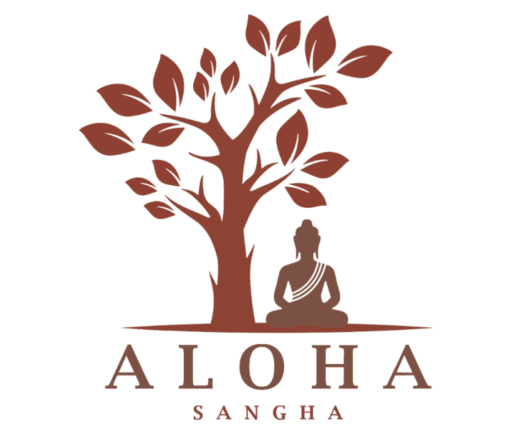eating the blame
If we know how to experience our discomfort gracefully, we suffer much less. We’re no longer afraid of eating the blame when this is called for.
One of my favorite Zen stories goes like this:
One day at a certain monastery in 10th century China, ceremonies delayed preparation of the noon meal, and when they were over, the cook took up his sickle and hurriedly gathered vegetables from the garden. In his haste, he lopped off part of a snake, and, unaware that he had done so, threw it into the soup pot with the vegetables.
At the meal, the monks thought they had never tasted such delicious soup, but the head monk found something remarkable in his bowl. Summoning the cook, he held up the head of the snake, and demanded, “What is this?”
The cook took the morsel, saying, “Oh thank you,” and immediately ate it.
Finding a way to deflect blame is a waste of energy.
We could choose to make excuses for ourselves, explaining to the head monk why we had to make the soup in a rush and how we did it.
Or we could choose to dance graciously and deflate the matter in an instant. Eating the snake’s head…crunch crunch, swallow…the cook owned up to his carelessness, gracefully and without fanfare, without beating around the bush.
This is what the path is about, dancing gracefully with our life, and eating the blame when this is called for. I love the way the late Vietnamese master Thích Nhat Hạnh describes our practice:
Meditation is not evasion; it is a serene encounter with reality.
Yes, a serene encounter, but not evasion. And how do we dance on this edge?
Gracefully.
This being graceful gives our life dance fluidity, suppleness, and a kind of precision.
Improvisational dancers and jazz musicians, when they are in the moment of creative play, aren’t thinking about a million things–they’re right in the experience itself.

Just like we are when we sit and settle on the feeling of the breath sensations flowing through our body. We relax into what’s true here and now, even when there’s difficulty. From Thich Nhat Hanh again:
Handling difficulty is an art.
If we know how to experience our discomfort gracefully, we suffer much less. We’re no longer afraid of being overwhelmed by the suffering. It’s a beautiful understanding of the grace of our path. The novelist Flannery O’Connor wrote:
Give me the courage to stand the pain to get to the grace.
The secret to getting to this grace is mindfully feeling into all the inevitable pains and discomforts of this being human. The teacher Pema Chödrön said it this way:
When things fall apart and we’re on the verge of we know not what, the test for each of us is to stay on the brink and not concretize. The spiritual journey is not about heaven and finally getting to a place that’s really swell.
She elaborates:
To stay with the shakiness, to stay with a broken heart, with a rumbling stomach, with a feeling of hopelessness and wanting to get revenge, that is the path of true awakening.
That really nails it. For me, this is Primo Buddhism.
The poet and novelist James Baldwin said that things cannot be changed until they are faced. But it’s how we face things that matter.
Yes, gracefully.
Meditation allows us to get still enough to see what is arising, and how to dance with it.
And own our stuff, eating the blame gracefully, like the cook did in our story.






